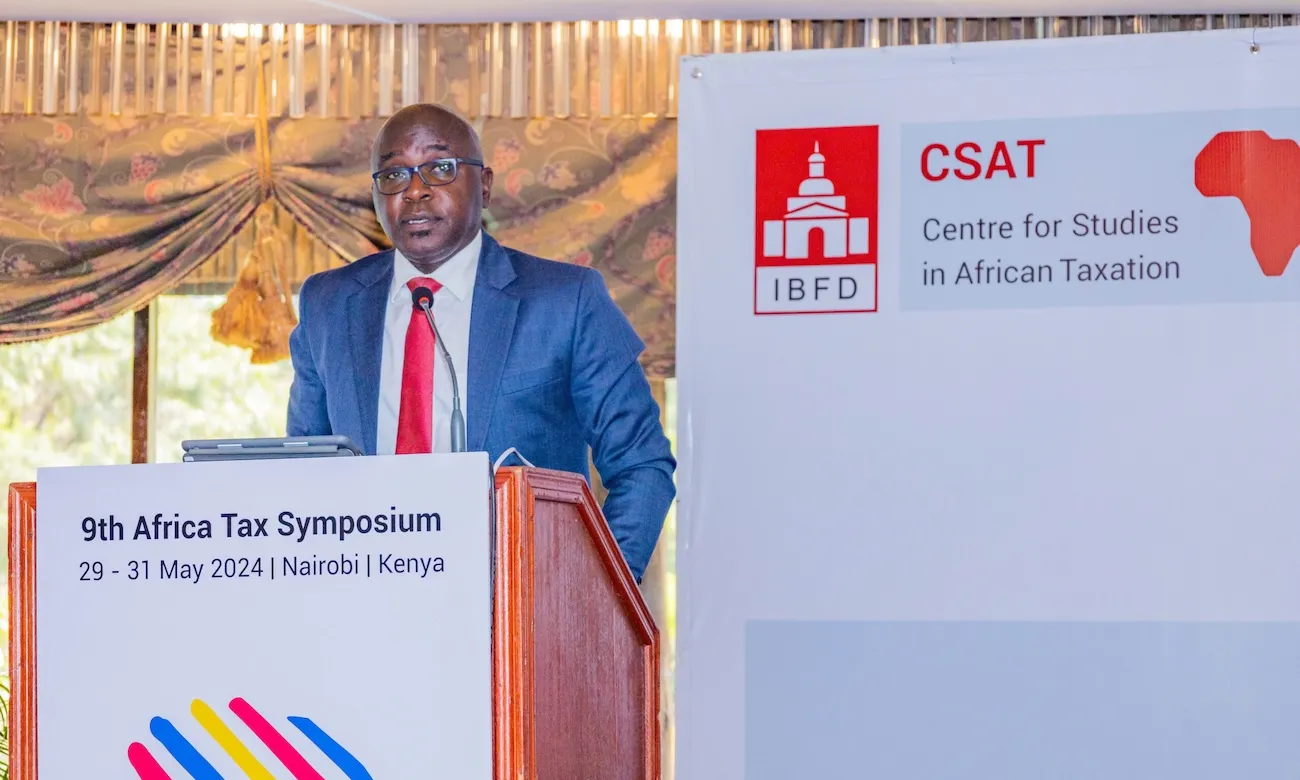advertisement
KRA To Modernize Tax Systems Through Technological Integration

Technology is revolutionizing not just how we communicate but also how we conduct business. It’s no surprise, then, that it’s also reshaping tax administration. As part of its ongoing mission to enhance service delivery and promote tax compliance, the Kenya Revenue Authority (KRA) is actively implementing technology-driven solutions to streamline tax processes.
Under the guidance of National Treasury Cabinet Secretary, John Mbadi, KRA is intensifying its efforts to modernize the tax system and boost revenue collection. During a recent meeting with KRA’s leadership and staff, Mbadi stressed the importance of keeping the tax administration up-to-date to make business processes smoother and tax transactions simpler.
“Our modernization journey must align with our objectives and those of taxpayers. This approach will not only benefit taxpayers but also significantly boost our revenue mobilization efforts,” Mbadi said.
advertisement
Expanding the tax base is strategically important since Kenya is confronting economic issues that call for more tax income to promote growth and development, as noted by Mbadi. With a focus on industries that have historically been challenging to tax, this expansion seeks to more fairly spread the tax burden. This kind of action is considered essential to guaranteeing a more equitable system for everybody and shielding current companies from undue taxes.
He pointed out that technology plays a crucial role in reforming taxpayer services, making operations more efficient, and increasing revenue. “Our commitment to this cause is evident in our national strategic policy reforms and the ongoing modernization of revenue administration processes,” he added.
Mbadi also called on KRA to widen its tax net, especially in areas that have traditionally been tough to tax. This, he noted, would help protect existing businesses from bearing an unfair tax burden. He assured that the National Treasury would back KRA by crafting policies that guide revenue collection. One key policy, the National Tax Policy, is designed to make the tax system more equitable and predictable.
advertisement
“Through the Policy, the KRA must ensure that we achieve higher tax compliance, enhance the taxpayer experience, and reduce tax expenditure to minimize market distortions and tax refund pressures. As outlined in the Policy, we shall develop a framework for granting tax incentives that are time-bound and growth-oriented,” Mbadi said.
Mbadi also highlighted the part technology plays in this larger plan, specifically in terms of bringing Kenya’s tax-to-GDP ratio up to a level that is more sustainable. He made reference to the government’s Medium-Term Revenue Strategy (MTRS), which is a crucial part of its aim to improve revenue and change the tax code. ““I will in the course of the fiscal year chair the meeting of the Steering Committee on the Implementation of the Medium-Term Revenue Strategy to ensure we are all on track. The objective is to achieve a tax-to-GDP ratio of 20 percent over the medium term,” he added.
Humphrey Wattanga, Commissioner General of the KRA, echoed Mbadi’s remarks and emphasized the authority’s dedication to updating its IT infrastructure in order to create dependable systems that can satisfy the demands of modern business environments. As per Wattanga, the integration of state-of-the-art technologies like artificial intelligence (AI), machine learning, and data science will be crucial in augmenting KRA’s operational efficacy.
advertisement
“The adoption of cutting-edge technologies, such as data science, machine learning, and Artificial Intelligence (AI), will strengthen our operational efficiency, ensure compliance, and elevate service delivery standards,” said Wattanga. He added that these technological advancements would not only simplify tax administration but also boost overall revenue performance and create a seamless experience for taxpayers.
KRA has seen a revenue collection increase of 11.1% in the 2023/2024 financial year, up from 6.4% in the previous year. This growth is largely thanks to new technological solutions that have made tax processes easier, supported trade, and encouraged more voluntary compliance.